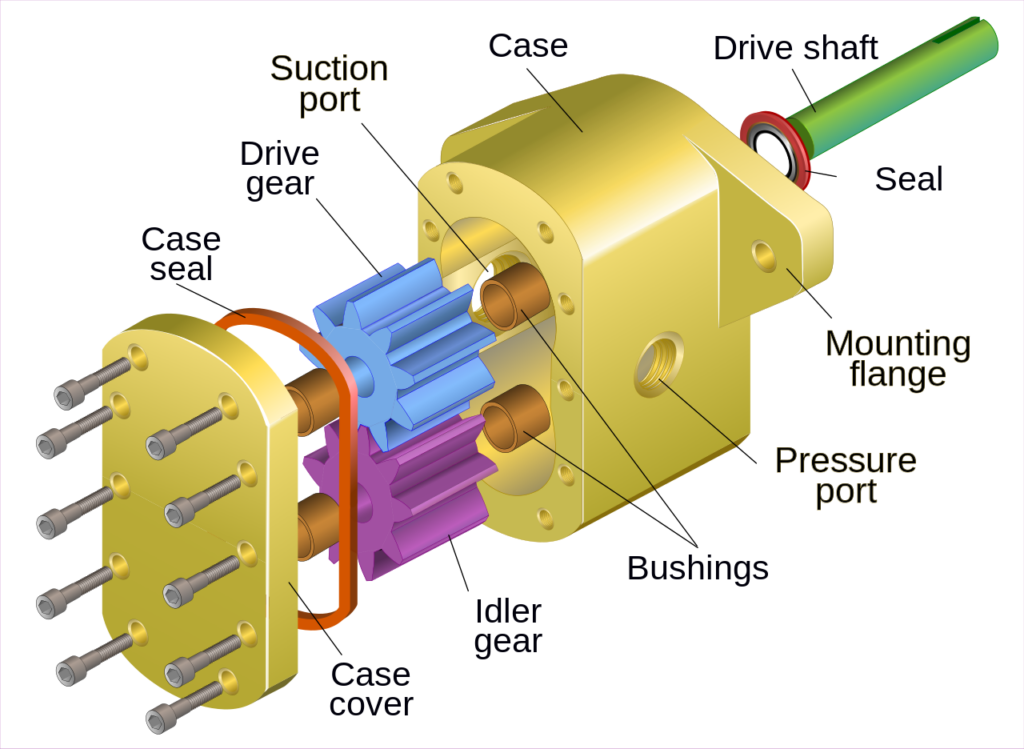The current administration’s tariffs and the resulting trade wars are expected to increase prices, with some experts predicting that the average American family will pay about $3,800 in extra costs of goods and services. We’ve suggested that this could be harder on Puerto Rico than on any of the states. But the chairman of Puerto Rico’s House Judiciary Committee believes he has a solution.
José “Che” Pérez Cordero has proposed a law that would prevent businesses from raising prices in response to tariffs. Pérez Cordero said, ““This resolution is fundamentally designed to safeguard consumers from the actions of a minority of businesses that might seek to exploit the situation for their own financial gain.”
The law is intended to stop “artificial” price increases, based on Regulation Number 9158 of 2020.
How do tariffs work?
One country, say the United States, places a tariff on goods from another country. For example, the new reciprocal tariffs put a 46% surcharge on goods from Vietnam. When a pair of shoes from Vietnam reaches the United States, the importer has to pay an extra 46% in taxes to the federal government. A pair of shoes that cost $10.00 wholesale will then cost the importer $14.60.
Let’s keep things simple by assuming that the importer is also the retailer. If they would previously have charged consumers $20.00 for the imported shoes, gaining $10.00 to cover costs of labor, energy, rent, and all the other overhead for their store, they certainly can’t afford to keep the price at $20.00 if they pay $14.60 for the shoes. The price of the imported shoes will have to increase. Usually, the importer passes along the new cost to the retailer, who passes along the cost to the consumer.
Consumers pay the cost of the tariffs.
The idea is to encourage people to buy American-made goods. However, if the Vietnamese shoes are now priced at $24.60, American-made shoes may not remain at the $20.00 price. Prices are not set only on the basis of the cost to the retailer. They also depend on the perceptions of consumers. If the American-made shoes cost substantially less than the Vietnamese shoes, some consumes may feel that they are poorer quality. The American shoemakers may raise their prices to match.
What’s more, American-made shoes are often made from imported materials, whether raw materials or parts. Often they are assembled in the United States from imported elements. Also, many of the items paid for as overhead are also imported. The retailer faces higher prices for cleaning supplies, electronics, and many other things required to keep the store in business. Overhead will increase along with the prices of the goods.
Artificial price hikes
Goods currently on the shelf will not cost the retailer more because of tariffs — except that increases in overhead may force price increases on current inventory. Should the retailer wait to bring in more stock until all the pre-tariff goods have been sold, even at the risk of having empty shelves? Should they keep items at the old price on the shelf along with the same items at the new price? Should they try to stock only U.S.-made goods from now on?
Retailers face some difficult choices. So do consumers.
But retailers in Puerto Rico will have to be prepared to defend their price increases if the resolution is upheld. Right now, it is very difficult to predict which goods will increase in price and by how much. Most of us don’t know all the elements of any goods and services, let alone all the countries they come from. Consider the gear pump shown above. The bushings may have been made in China, the mounting flanges in India, and the drive shaft in the United States. The gear pump may have been assembled in Japan.
A manufacturer in Puerto Rico who uses this gear pump and needs a replacement will certainly see an increase in cost if they order one this summer — but by how much? They may be able to absorb the price increase for this one part, but chances are that they will face price hikes on many items, both things like a gear pump which doesn’t alter the cost of each finished product and also the parts and raw materials that determine the price of each item they make. At what point will a price hike on the goods they produce be justified rather than artificial?
Would statehood make a difference?
Many states have price gouging law like the one in Puerto Rico. Controlling prices is not part of the U.S. Constitution, so it is covered by the 1oth Amendment. Whether Puerto Rico is a territory or a state does not affect the resolution.
And consumers in states will face the same pressures from the tariffs, as will manufacturers, importers, and retailers. Everyone will have to figure out whether to pass on the costs of the tariffs to their customers or to cut profits to absorb the cost. This also will be the same for a territory or a state.
However, Puerto Rico’s territory status has led to far more poverty on the Island than in the states. Half the population of Puerto Rico lives at the poverty line or below, compared with 11% in the states. Rising prices will be more of a hardship in Puerto Rico. Every territory which has become a state has been more prosperous as a state than it ever was as a territory. It would be easier for ordinary people to weather the storms.
Of course, an independent Puerto Rico would face tariffs, just as the freely associated states of Micronesia and the Marshall Islands are now doing.








No responses yet